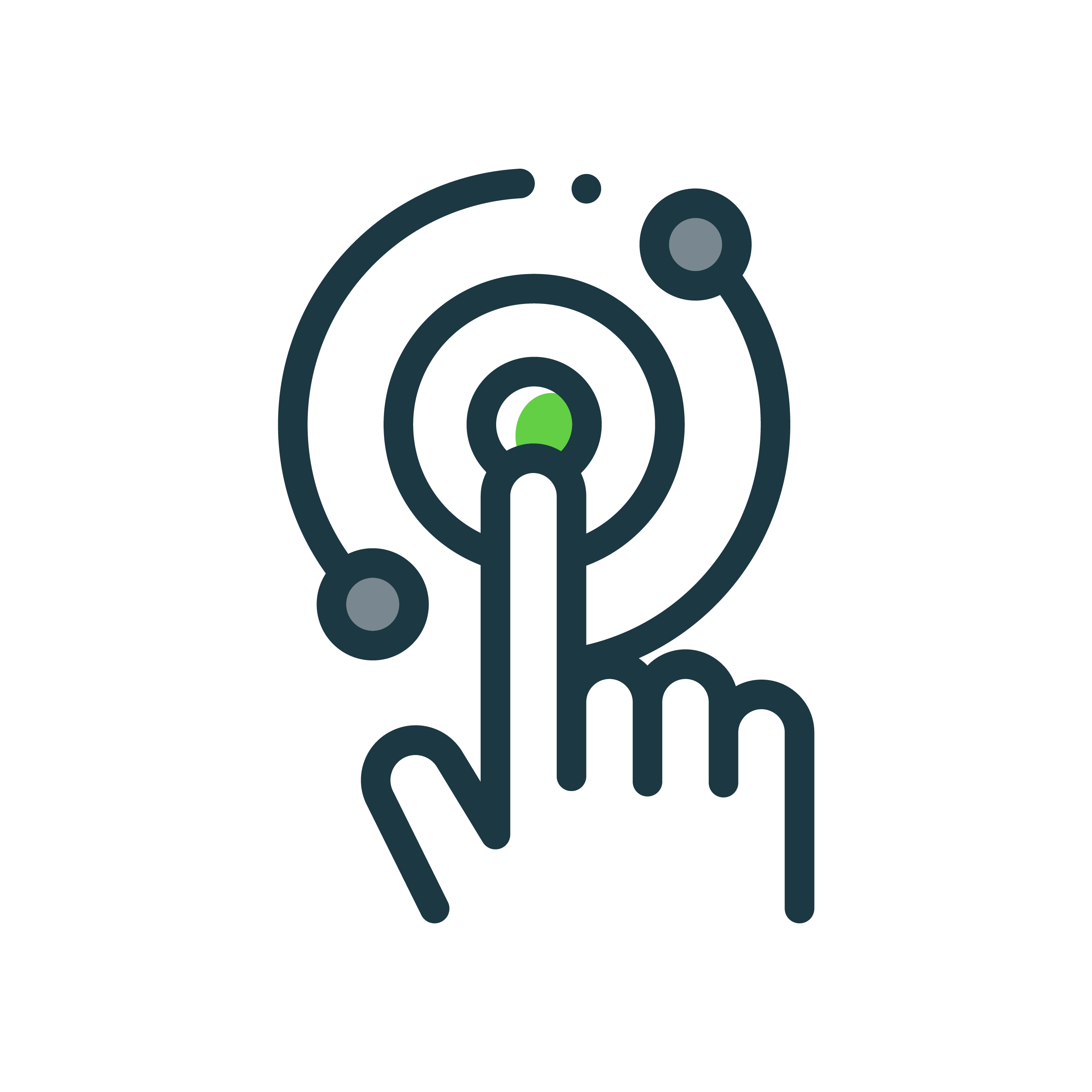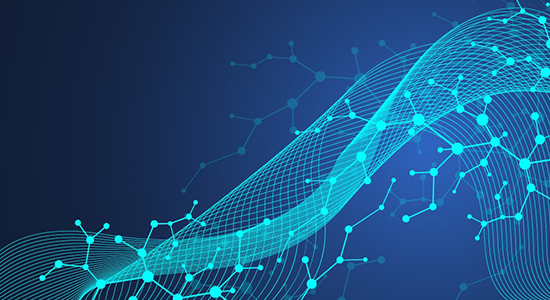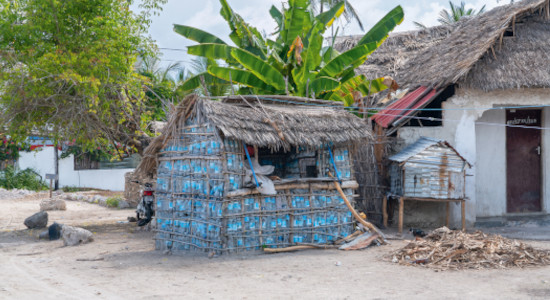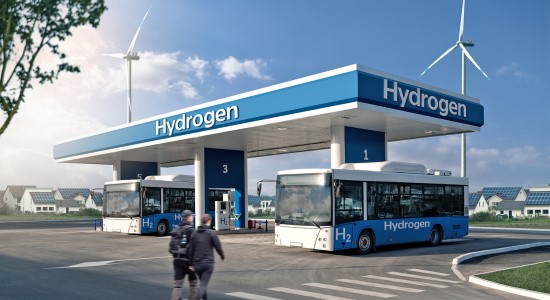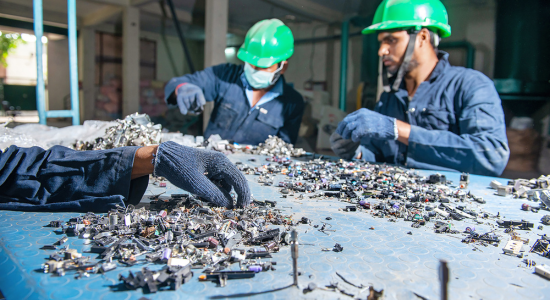Transition to Sustainable Chemistry through digitalisation
The chemical industry faces complex challenges in achieving the Sustainable Development Goals. Transforming chemistry is essential to create a safer, greener, and more equitable world. Digital technologies such as Artificial Intelligence, quantum computing, Blockchain, and Industry 4.0 provide a way forward. They enable new processes, innovative business models, and smarter chemical management. Success requires collaboration, high-quality data, and openness across organisations.
